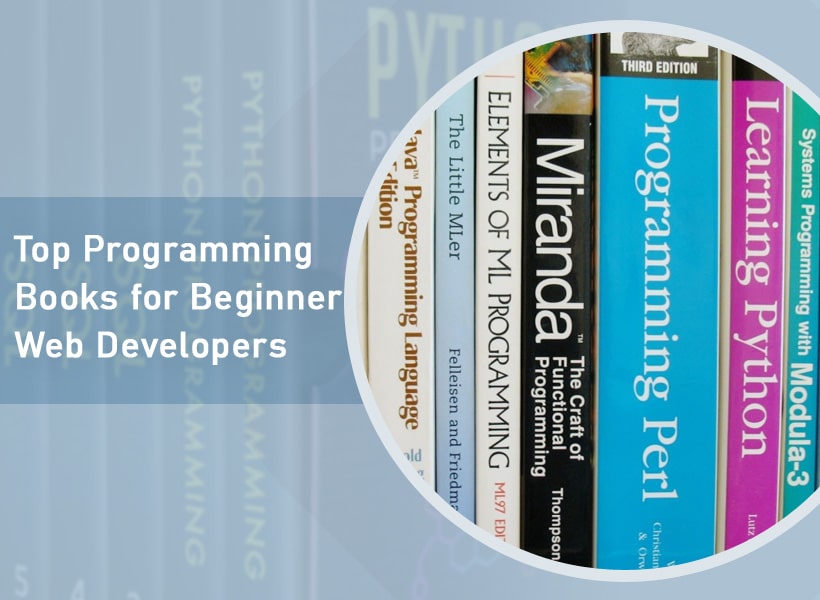
Building a Strong Foundation in Code
Every craft begins with the right tools and books often carry more weight than tutorials that vanish in the shuffle of daily searches. For those stepping into web development a few titles stand out as reliable anchors. They break down ideas into clear steps and help the mind adjust to new ways of thinking about code.
Among the most trusted guides is “Eloquent JavaScript” by Marijn Haverbeke. This book explains not only how JavaScript works but also why it matters in the daily practice of building a website. The author weaves in exercises that move from simple loops to more advanced concepts like asynchronous programming. Free reading online feels complete with Z-lib since access to such resources often opens doors for beginners who would otherwise struggle to find affordable study material.
Learning the Languages That Shape the Web
The path into web development often begins with JavaScript but it rarely stops there. Many newcomers take a detour into Python because it is both friendly and powerful. “Python Crash Course” by Eric Matthes shows that the basics of Python can be grasped without heavy theory. It leads through projects that feel alive and practical ranging from small games to web apps.
For those who want to deepen their understanding of JavaScript itself the “You Don’t Know JS” series by Kyle Simpson is a true test of patience and growth. It refuses to sugarcoat the language. Instead it pushes through closures scope and prototypes until the reader starts to see how flexible and sometimes unpredictable the language can be. That kind of insight becomes valuable when debugging issues that seem invisible at first glance.
At this stage one more skill comes into play and it does not deal with syntax at all. Usability is the hidden side of web work. This is where Steve Krug’s “Don’t Make Me Think Revisited” becomes essential. The book is short sharp and written with humor yet it carries lessons about design decisions that can make or break a project. Before diving deeper into frameworks some time with Krug’s wisdom can save countless headaches down the road.
Here are four standout reasons these books remain cornerstones for newcomers:
-
Clarity of explanation
“Eloquent JavaScript” is famous for walking the line between technical detail and narrative flow. Haverbeke takes abstract ideas like higher order functions and breaks them down in a way that does not intimidate the reader. By mixing code with plain talk he makes the learning curve less steep.
-
Practical projects
“Python Crash Course” thrives on its hands on approach. Instead of drowning the learner in definitions it pushes toward building something real whether a game or a simple data visualizer. These projects give confidence and act as springboards for larger experiments.
-
Depth and rigor
The “You Don’t Know JS” series is not bedtime reading. Simpson digs into the heart of JavaScript with the precision of a mechanic who refuses to let a loose bolt slide. This level of rigor prepares a beginner for long term growth and prevents the shallow understanding that often stalls progress.
-
Usability and human focus
Steve Krug’s book stands apart because it is not about writing code. It is about writing for humans who will one day click scroll and navigate. His witty stories remind developers that the end user sees only the result not the cleverness behind the screen.
Taken together these books balance each other well. They touch on code clarity project based practice technical depth and human centered design. This mix is rare and it explains why they still circulate in study groups and communities even years after their first editions.
Growing With Every Page
Web development changes often yet the basics remain steady. The books mentioned here offer something more than step by step guides. They create habits of thought. Reading Haverbeke encourages problem solving through logic. Working through Matthes encourages building without fear of mistakes. Wrestling with Simpson sharpens discipline. Following Krug fosters empathy for the user on the other side of the screen.
Each title deserves more than a quick skim. They are best approached slowly with time to test out the ideas in small projects. In that way the lessons move from page to practice and from practice to lasting skill. That steady progress is what shapes a beginner into a developer who can face new challenges with confidence.